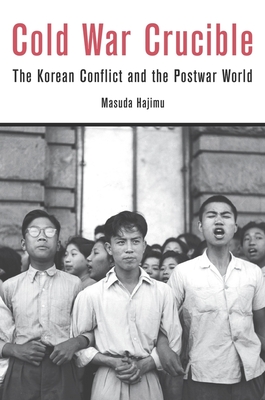Expedite your nonfiction book discovery process with Readara interviews, summaries and recommendations, Broaden your knowledge and gain insights from leading experts and scholars
In-depth, hour-long interviews with notable nonfiction authors, Gain new perspectives and ideas from the writer’s expertise and research, Valuable resource for readers and researchers
Optimize your book discovery process, Four-to eight-page summaries prepared by subject matter experts, Quickly review the book’s central messages and range of content
Books are handpicked covering a wide range of important categories and topics, Selected authors are subject experts, field professionals, or distinguished academics
Our editorial team includes books offering insights, unique views and researched-narratives in categories, Trade shows and book fairs, Book signings and in person author talks,Webinars and online events
Connect with editors and designers,Discover PR & marketing services providers, Source printers and related service providers

Cold War Crucible: The Korean Conflict and the Postwar World
History > Military - Korean War
- Harvard
- Hardcover
- 9780674598478
- 9.5 X 6.5 X 1.2 inches
- 1.6 pounds
- History > Military - Korean War
- (Single Author) Asian American
- English
Readara.com
Book Description
The end of World War II did not mean the arrival of peace. The major powers faced social upheaval at home, while anticolonial wars erupted around the world. American-Soviet relations grew chilly, but the meaning of the rivalry remained disputable. Cold War Crucible reveals the Korean War as the catalyst for a new postwar order. The conflict led people to believe in the Cold War as a dangerous reality, a belief that would define the fears of two generations.
In the international arena, North Korea's aggression was widely interpreted as the beginning of World War III. At the domestic level, the conflict generated a wartime logic that created dividing lines between us and them, precipitating waves of social purges to stifle dissent. The United States allowed McCarthyism to take root; Britain launched anti-labor initiatives; Japan conducted its Red Purge; and China cracked down on counterrevolutionaries. These attempts to restore domestic tranquility were not a product of the Cold War, Masuda Hajimu shows, but driving forces in creating a mindset for it. Alarmed by the idea of enemies from within and faced with the notion of a bipolar conflict that could quickly go from chilly to nuclear, ordinary people and policymakers created a fantasy of a Cold War world in which global and domestic order was paramount.
In discovering how policymaking and popular opinion combined to establish and propagate the new postwar reality, Cold War Crucible offers a history that reorients our understanding of what the Cold War really was.
Author Bio
Masuda Hajimu is a historian at the National University of Singapore. He is the author of Cold War Crucible: The Korean Conflict and the Postwar World (2015). His areas of concentration are the modern history of East Asia, the history of American foreign relations, and the social and global history of the Cold War.
Academic Employment
2017- Associate Professor, Department of History, National University of Singapore (NUS)
2012-2017 Assistant Professor, Department of History, NUS
Education
2012 Ph.D. Department of History, Cornell University, Ithaca, New York
2008 MA Department of History, Cornell University, Ithaca, New York
2005 BA Department of History, Rutgers University, New Brunswick, New Jersey
2003 AA Department of History, Northwest College, Powell, Wyoming
1998 BA Department of International Relations, Ritsumeikan University, Kyoto
Source: MasudaHajimu.com
Videos
No Videos
Community reviews
No Community reviews

